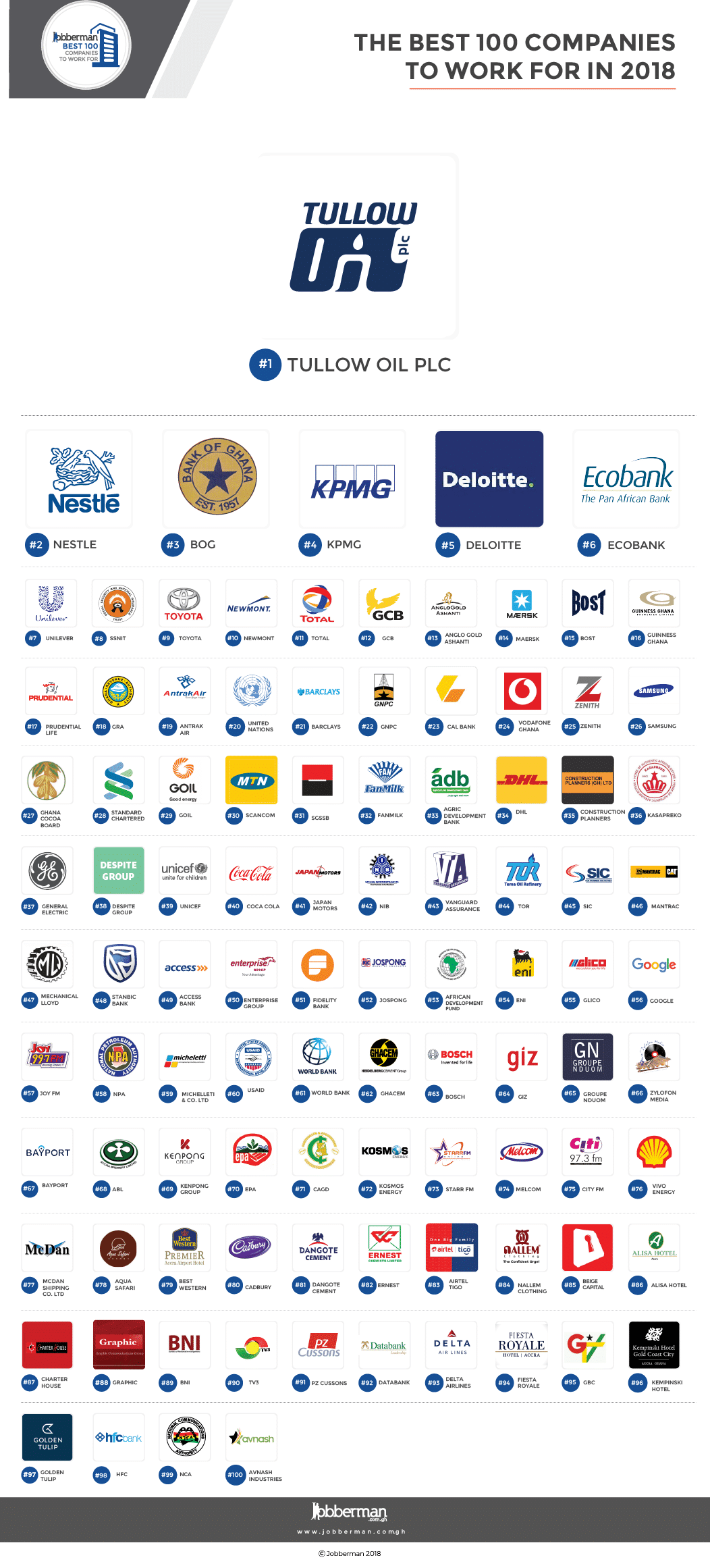How to Launch a Startup in 2024: Steps to Success

Launching a startup is an exciting but challenging journey, especially in 2024. The business environment today demands innovation, flexibility, and an understanding of rapid market changes. Whether you are building a tech startup, entering the e-commerce space, or developing a product in a niche market, the steps outlined in this guide will help you successfully launch a startup in 2024.
To launch a startup in 2024, you need a plan that covers not just your product or service but also your funding strategy, team-building process, and the steps needed to meet legal requirements. While entrepreneurship is not for the faint-hearted, proper preparation will increase your chances of turning your startup dream into a success story.

The Starting Point for Any Startup
Before you invest time and money into your startup, you must first understand the market you’re entering. A well-conducted market research study will provide a clear picture of the demand for your product or service, as well as insights into what your potential customers need and expect.
- Define Your Target Market: Identify who your potential customers are by demographic, geographic, and behavioral characteristics.
- Conduct Customer Interviews: Speak directly to potential customers to understand their pain points, what solutions they currently use, and where there might be a gap in the market.
- Analyze Competitors: Study the products and services already in your chosen market. Analyze their strengths, weaknesses, and customer reviews to identify areas where you can improve.
Thorough market research helps you avoid wasting resources on products or services that won’t gain traction and instead positions your startup to address real needs effectively.
Create a Comprehensive Business Plan
Once you understand the market, the next step is to develop a detailed business plan. This plan will serve as the blueprint for your startup and help attract investors, as it demonstrates the viability of your idea.
A strong business plan should include the following sections:
- Executive Summary: A brief overview of your startup, highlighting what problem it solves and why it’s a good business opportunity.
- Market Analysis: Based on your research, explain who your customers are, how big the market is, and what trends you see.
- Business Model: Detail how your business will make money. Will you offer a subscription service? Will you generate revenue through sales? Include pricing strategies and profit margins.
- Operations Plan: Outline how your startup will function on a day-to-day basis, including production, distribution, and logistics.
- Financial Projections: Include revenue forecasts, break-even analysis, and cash flow projections for at least the first three years.
A business plan should not be a static document. As you gather more information and face unexpected challenges, you’ll need to revisit and adjust the plan accordingly to stay on track and launch your startup in 2024 successfully.
How to Finance Your Startup in 2024
Securing the capital needed to launch and scale your startup in 2024 can be one of the most challenging parts of starting a company. There are several ways to finance your startup, depending on your needs and how much control you’re willing to give up.

Bootstrapping
If you have personal savings, you can choose to self-fund, or “bootstrap,” your startup. Bootstrapping allows you to retain full ownership and control over the business but limits the amount of capital you have available. It’s often best suited for startups that can grow slowly and don’t require large upfront investments in inventory or technology.
Venture Capital
Venture capital (VC) is a popular option for startups in fast-growing industries like technology. Venture capital firms invest in companies that they believe have significant growth potential in exchange for equity. While this funding can accelerate your growth, it does come with strings attached. You’ll be giving up a portion of ownership and, in many cases, decision-making power.
Angel Investors
Angel investors are individuals who provide financial backing to startups in exchange for equity or convertible debt. They tend to be more flexible than VCs and may be more willing to invest in startups that are still in the early stages. Securing the right investor will go a long way as you launch your startup in 2024.
Crowdfunding
Crowdfunding is an increasingly popular way to raise money for your startup. Platforms like Kickstarter, Indiegogo, and GoFundMe allow you to pitch your idea to the public, and people who believe in your product or service can contribute financially. This option is particularly helpful for validating product ideas while raising the necessary funds to bring them to market.
Government Grants and Loans
In 2024, many governments and institutions offer grants and low-interest loans for startups, particularly those focused on innovation, sustainability, or tech development. Research local and national programs that support entrepreneurs in your region.
No matter which funding route you take, make sure you have a clear plan for how you will use the funds to scale your business. Investors and lenders will want to see a detailed breakdown of your projected costs and how you plan to achieve profitability.
Build a Talented and Dedicated Team
A great idea can only go so far if you don’t have the right people to bring it to life. Building a strong team is crucial for the success of your startup. Your team will be responsible for driving innovation, executing the business plan, and navigating the many challenges that come with launching a business.
Start by identifying the core roles you need to fill. In the early stages of a startup, these often include:
- Co-Founders: Ideally, your co-founders will bring skills and experiences that complement your own. If you’re strong in product development but lack marketing experience, look for a co-founder who excels in that area.
- Key Employees: These might include software developers, marketing experts, or salespeople, depending on your industry. Prioritize finding people who are not only skilled but also passionate about your startup’s mission.
- Advisors and Mentors: Surround yourself with experienced advisors who can provide guidance and help you avoid common pitfalls. Mentors who have launched successful startups themselves can be invaluable.
The Key to Staying Competitive in 2024
To launch a startup in 2024, you must be prepared to innovate constantly. The business landscape is evolving faster than ever, and customers expect new and better products that solve problems efficiently. Your startup’s ability to innovate will differentiate it from competitors and drive customer interest.
Innovation doesn’t just mean creating something new; it means improving on what already exists or finding more efficient ways to solve problems. Regularly collecting feedback from your customers and leveraging the latest technology will keep you ahead of the competition.

Build and Scale Online
In 2024, a strong online presence is non-negotiable. Your digital presence is often the first impression potential customers will have of your startup, so it’s important to invest in creating a user-friendly website and active social media profiles.
Website Optimization
Your website should clearly explain your product or service, offer easy navigation, and be optimized for mobile use. An excellent website will improve your search engine rankings and make your business more discoverable. Implement SEO (Search Engine Optimization) best practices to ensure your website ranks high on Google and other search engines. These include:
- Using relevant keywords in your content.
- Creating high-quality, valuable content that solves problems for your audience.
- Optimizing meta descriptions, title tags, and image alt text.
Social Media Strategy
Leverage platforms like LinkedIn, Twitter, Instagram, and TikTok to connect with your target audience. Engage with users by sharing your startup’s story, posting behind-the-scenes content, and responding to comments. Consistent interaction builds trust and keeps your brand top of mind.
Legal and Regulatory Compliance
It’s easy to get caught up in the excitement of launching a startup and overlook the legal side of things. However, ensuring that your startup is fully compliant with local, national, and international laws is essential to avoid future problems. These include:
- Business Registration: Register your business with the appropriate governmental body. The process may vary depending on your location, so it’s essential to research the requirements in your area.
- Intellectual Property Protection: If your startup is creating a new product or service, protecting your intellectual property (IP) through patents, trademarks, or copyrights may be crucial.
- Contracts and Agreements: Draft formal agreements with your co-founders, employees, and contractors. This can prevent disputes down the road.
- Tax Compliance: Make sure your business is set up to comply with all tax obligations, including payroll taxes for employees and VAT if applicable.
Consider consulting a lawyer or a business advisor to ensure that you’re aware of all the legal requirements relevant to your industry and location.
Launching a startup in 2024 is no easy task, but with the right planning, innovation, and team, you can set yourself up for success.
For those interested in sustainable innovation, be sure to check out my latest newsletter on “7 Groundbreaking Green Technologies Shaping the Future of Environmental Sustainability”, where I discuss the latest eco-friendly technologies that can give your startup an edge in today’s environmentally-conscious market.













